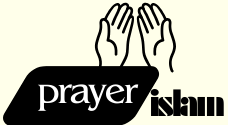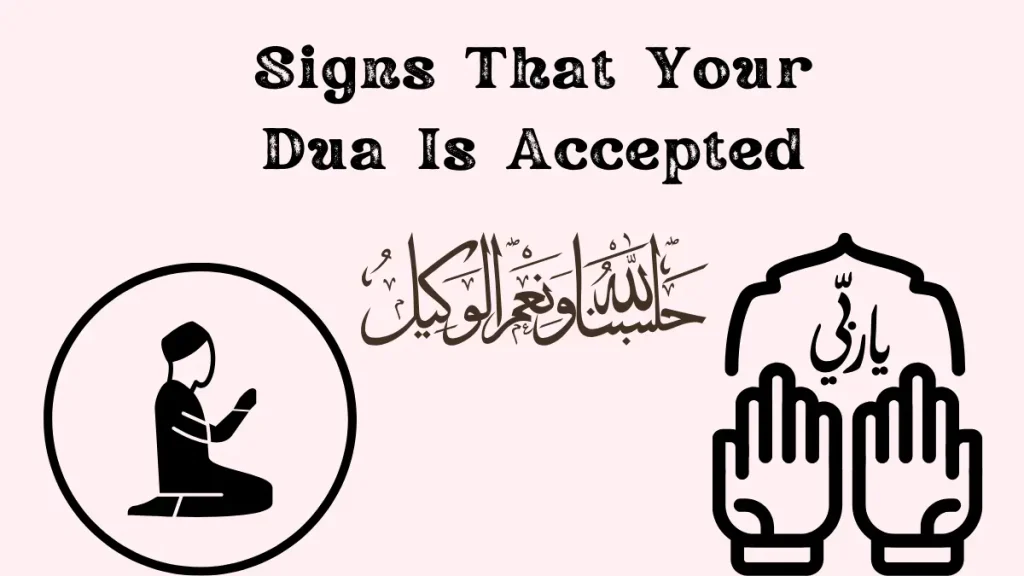Dua, the personal supplication to Allah, is a cornerstone of faith in Islam. It represents not only a call for help or guidance but also a profound act of submission to Allah’s will. While believers are encouraged to make dua frequently, the waiting for its acceptance can test their patience and trust in Allah’s plan. The good news is, Islamic teachings provide subtle and clear signs that a dua might be accepted. Understanding these signs strengthens faith and fosters a deeper connection with Allah.
In this comprehensive blog, we’ll explore everything you need to know about recognizing the signs of an accepted dua, backed by Islamic teachings and traditions.
Understanding the Essence of Dua
Dua is a direct communication channel between a believer and Allah, allowing one to express gratitude, seek forgiveness, ask for blessings, and pour out their heart. The Prophet Muhammad (PBUH) said:
“Dua is worship.” (Tirmidhi)
This highlights that supplication is not merely a request but an act of devotion. A sincere dua reflects humility, dependence, and unwavering faith in Allah’s mercy and power.
The Conditions for an Accepted Dua
For a dua to be accepted, several conditions need to be fulfilled:
- Sincerity: The dua must be made with a pure heart and genuine intention.
- Halal Means: Ensuring that your income, food, and lifestyle are permissible under Islamic law.
- Certainty in Allah: Believing firmly that Allah can and will respond.
- Perseverance: Repeatedly making dua, even if the response is delayed.
- Avoiding Sin: Avoid actions or supplications involving injustice, haram, or sin.
How Allah Responds to Our Prayers
Islam teaches that Allah responds to every dua in one of three ways:
- Granting the request immediately.
- Delaying the response for a better time or greater good.
- Replacing the request with something better or preventing harm.
This understanding encourages trust in Allah’s infinite wisdom, even when the desired outcome isn’t apparent.
The Importance of Timing in Dua
Timing plays a vital role in the acceptance of dua. Certain moments are regarded as especially auspicious for making supplications:
- The last third of the night.
- Between the adhan and iqamah.
- On Fridays, especially during the last hour before Maghrib.
- During sujood (prostration).
- While fasting, especially at the time of breaking the fast.
The Prophet (PBUH) emphasized making dua during these times, as they are moments when Allah’s mercy is most abundant.
Signs That Your Dua is Accepted
Recognizing the signs of an accepted dua requires spiritual awareness and trust in Allah’s plan. These signs may manifest in various ways:
- Feeling Immediate Spiritual Relief
After making a heartfelt dua, you may experience an overwhelming sense of peace and comfort, signifying Allah’s response. - Witnessing Quick Results
Sometimes, the answer to your dua is visible almost immediately, such as a resolved issue or a new opportunity. - Strengthened Relationship with Allah
An accepted dua often deepens your faith and reliance on Allah, drawing you closer to Him. - Unforeseen Ease in Difficult Situations
Allah might create ease or solutions for problems in ways that seem miraculous or unexpected. - Acceptance in the Hereafter
If your dua is not answered in this world, it may be stored as a reward in the Hereafter, which is ultimately more beneficial.
Feeling Spiritual Comfort and Peace
One of the most profound signs of an accepted dua is a feeling of tranquility and satisfaction. This state of inner peace indicates that Allah has heard your plea and is guiding you in the best direction.
Seeing Results Through Unusual Means
Sometimes, dua acceptance is not straightforward but comes through surprising avenues. For example:
- A financial problem may be resolved through an unexpected windfall.
- An emotional struggle may dissipate due to support from a new friend or resource.
These outcomes remind believers of Allah’s infinite power and wisdom.
Strengthened Faith and Spiritual Growth
An accepted dua often leads to noticeable changes in a believer’s spiritual life, such as:
- Increased consistency in prayers.
- Greater mindfulness of Islamic principles.
- Heightened gratitude for Allah’s blessings.
The Role of Patience in Dua Acceptance
Patience, or sabr, is a critical virtue in Islam and essential when waiting for a dua to be answered. Allah says in the Quran:
“Indeed, Allah is with the patient.” (Surah Al-Baqarah: 153)
Patience demonstrates trust in Allah’s timing and fosters resilience in the face of challenges.
Acceptance in the Hereafter
Not all duas are answered in this life, but their rewards may be stored for the Hereafter. The Prophet (PBUH) said:
“Any Muslim who supplicates to Allah with a dua that contains no sin or cutting of family ties, Allah will grant him one of three things: He will hasten its response, delay it for the Hereafter, or protect him from harm.” (Tirmidhi)
This reassurance encourages believers to maintain hope and keep supplicating, knowing that no dua goes unanswered.
Common Mistakes That May Hinder Dua Acceptance
- Impatience: Expecting instant results and losing hope can weaken faith.
- Neglecting Obligatory Acts: Ignoring fundamental duties like prayers and charity while making dua may reduce its effectiveness.
- Lack of Sincerity: Half-hearted duas are less impactful than those made with focus and devotion.
FAQs
Q1. How do I know if my dua is accepted?
Look for signs such as inner peace, unexpected solutions, or strengthened faith. Trust that Allah’s response may also come in the Hereafter.
Q2. Can I ask for worldly matters in my dua?
Yes. Allah encourages believers to ask for both worldly and spiritual needs.
Q3. Why are some duas delayed?
Delays may occur to teach patience, prepare you for the answer, or align with a better time or outcome.
Q4. Are there specific times when duas are more likely to be accepted?
Yes. Examples include the last third of the night, during sujood, and on Fridays.
Q5. What should I do if I feel my dua is not answered?
Continue making dua with trust in Allah’s wisdom. Reflect on your sincerity, patience, and consistency in worship.
Conclusion
Dua is a powerful act of worship that reflects a believer’s trust and dependence on Allah. While the signs of dua acceptance may vary, they often manifest as spiritual contentment, unexpected blessings, or strengthened faith. Believers should remain steadfast, patient, and hopeful, knowing that every dua is heard and will be answered in the best way, either in this world or the Hereafter.
So, keep asking, keep trusting, and embrace Allah’s infinite wisdom and mercy.







